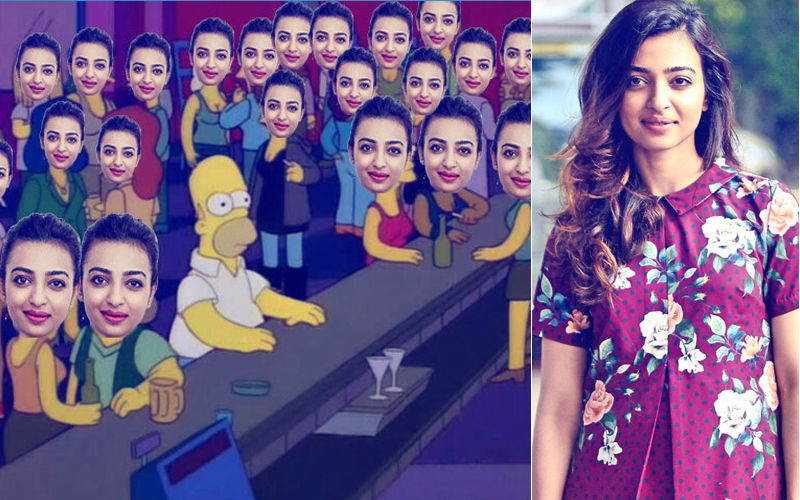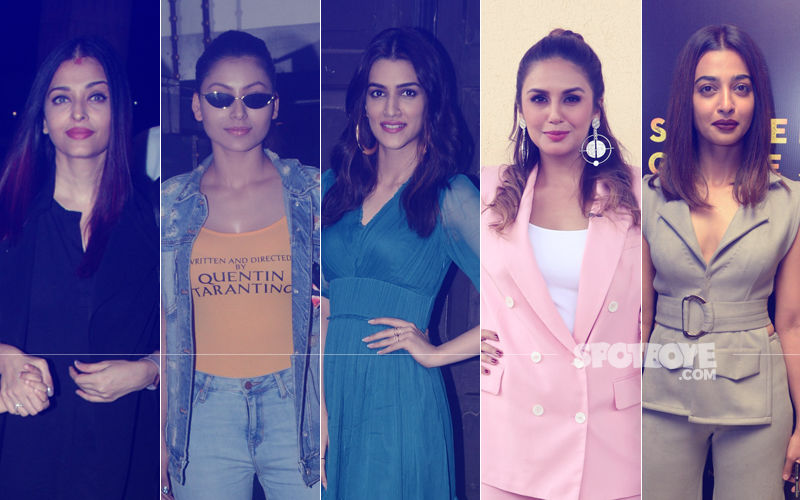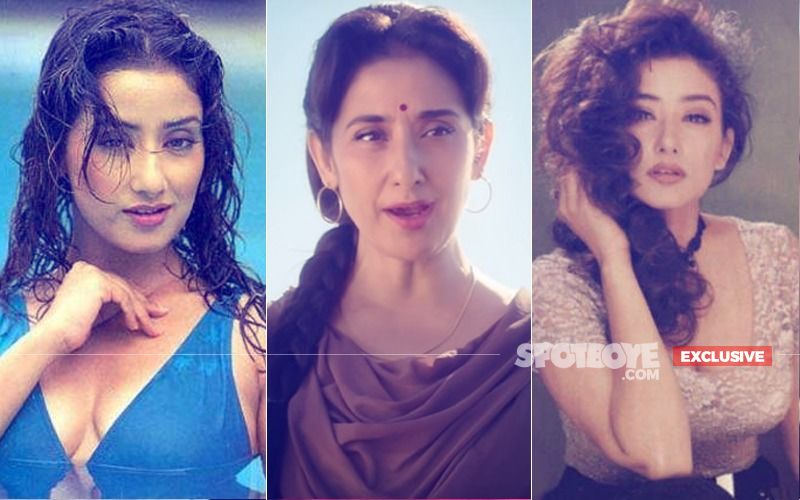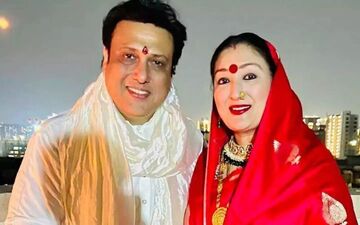Ghoul Review: Radhika Apte Is One Dark Role Away From Becoming A DC Universe Character
The “Unsacred Games” being played in Ghoul are disturbing and leave a bad taste in the mouth even if Netflix tries to sell it as a dystopian India.
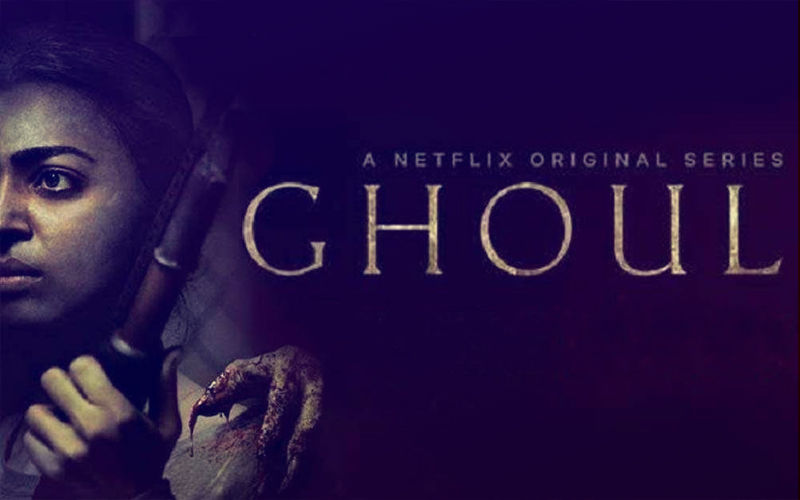
It was only a matter of time before Radhika Apte & Netflix,
the conjoined twins of alternate content in India, became the perfect fodder
for memes. With Ghoul, the memes have now given way to an amazing hashtag
called #RadFlix. Here are some of the very ‘apte’ gems floating on the internet
right now.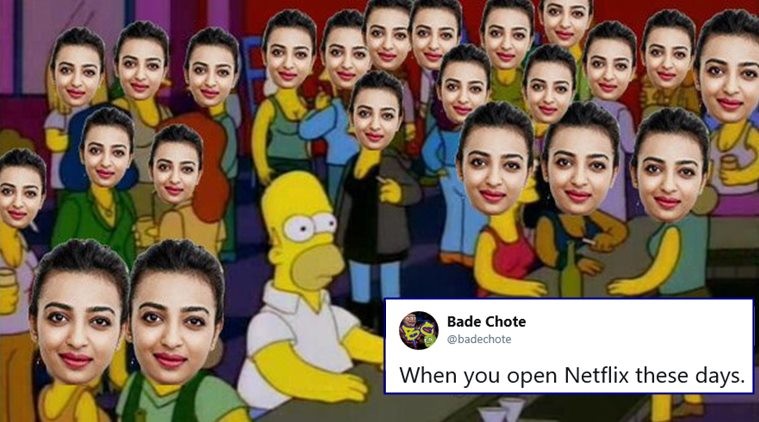
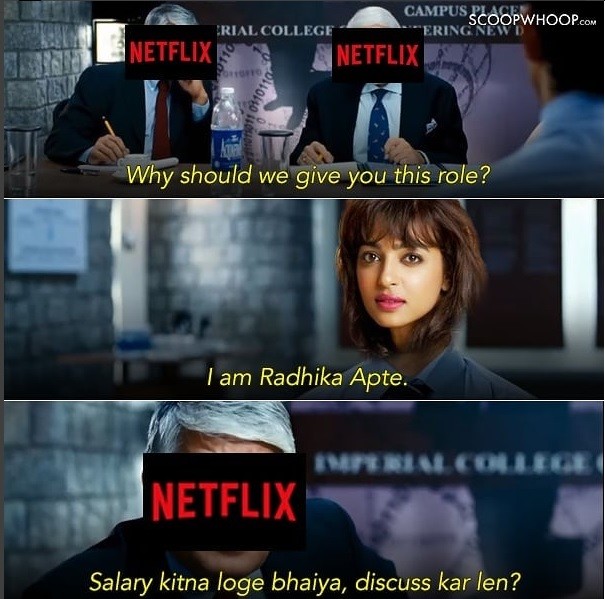
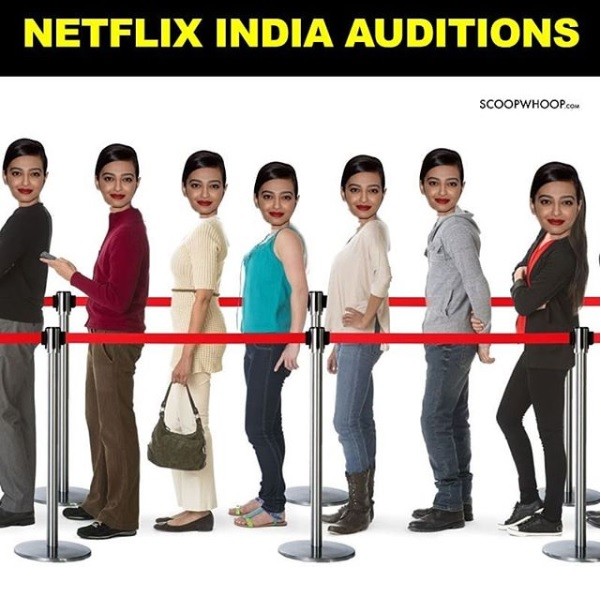
Netflix, going a step ahead, spoofed itself by making
this quirky behind the scene sketch video for Radhika Apte’s magnum opus, aptly
titled, Omnipresent!
Now, Netflix clearly doesn’t seem to mind. Neither does
Radhika. And their association is not even the point here. What I am trying to
say here is that somebody needs to sit Radhika down and tell her that she is
just one dark role away from becoming a DC Universe character! After all, it
was her versatility and Bollywood’s lack of it that we placed our bets on her
and Netflix. And here we are, 3 back to back dark and disturbing roles (Lust
Stories, Sacred Games & Ghoul) later on the biggest digital content
creating platform, we have an actor so desperately trying to break out from the
formula only to fall into the trappings of alternate content one goddamn series
at a time.
Unlike Sacred Games, Radhika Apte does the majority of
heavy lifting in Ghoul – Netflix’s first horror drama miniseries set in the
dystopian “near future” India, where religious profiling in the name of
patriotism is as commonplace as stand up comedians getting trolled in present
day India. And this is where Ghoul becomes problematic.
Netflix is not new to basing its shows in the future. We
have seen some remarkable offerings in this space in the form of Black
Mirror, Altered Carbon, 3% among many others. However, it’s amusing and low key
disappointing to see that the only futuristic trait that Netflix could identify
with India was religious profiling and Islamophobia! Fun fact, Netflix, we are
still the largest secular democracy in the world and the odds of such a messed
up society are even lesser than Mexico paying for the wall.
With that out of the way, let’s just analyse Ghoul
objectively as premium content material. Radhika Apte’s character, Nida is a
part of NPS- National Protection Squad - a staunch 'nationalist' government
security agency that is in charge of counter terrorism. Nida gets to know of her father’s anti-establishment ways and she ends up turning her father in with
the belief that he'll be released soon! Later she is strategically sent to
a detention centre for extremely dangerous criminals (mostly from a certain
religion). Here she meets a very complex Colonel Dacuna played convincingly by
the usually likable Manav Kaul; a very strict, mean and stubborn Major Laxmi
played by Ratna Bali Bhattacharjee and obviously the dreaded terrorist, Ali
Saeed played by the fantastic Mahesh Balraj.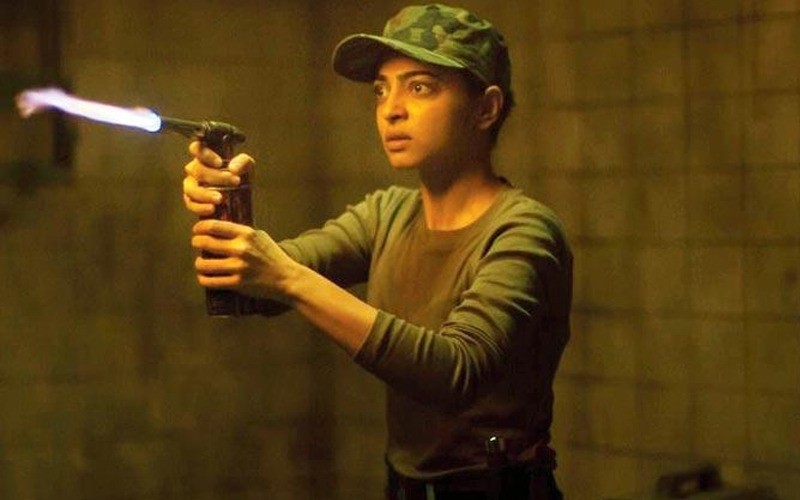
A Still From Ghoul
From here on, it’s Radhika’s journey to find out the
concept of Ghoul, the reality of the detention centre and the “Unsacred Games”
being played by the system with the people of her religion. Director-writer
Patrick Graham uses dark hues to tell his story which is based entirely in the
confines of a small military compound, Meghdoot 21, and succeeds in making us
feel claustrophobic. He creates a very uncommon yet conducive environment for
supernatural energy to flow. But does Ghoul scare you? Not much. There are no
jump scares in here. Does it keep you hooked? For the most part, yes. You want
to find out what Ghoul is and what is his motive. Graham creates enough
conflicts within the system to further the narrative and justify the being of
Ghoul. But even with all his slick cinematography and sound design, Ghoul still
drags as a three part series. It could have been much tighter, fast paced and
most importantly scarier as a hour and a half film.
The concept is novel. Even intriguing. In a nation
plagued by shape shifting naagins & venom spitting nevlas, Ghoul
wouldn’t be difficult to sell, Netlfix would have thought. Starved for
good desi horror content since years, millenials took to this Netflix
series faster than women took to Kyunki Saas... & Kasauti in the year 2000.
That’s human nature. Every time a new idea hits our senses, we get so
overwhelmed that we either label it groundbreaking and progressive or totally
reject it, only to look back later and realise it wasn’t any of that. It was
just there.
Ghoul definitely is a level up from the existing horror
narratives in India but it simply doesn’t belong in the catalogue of Netflix
horror/psycho thriller films which already has the likes of ‘The Ritual’,
‘Gerald’s Game’ & ‘Veronica’. It’s an opportunity missed. As for Radhika,
there’s always another Netflix show round the corner!
